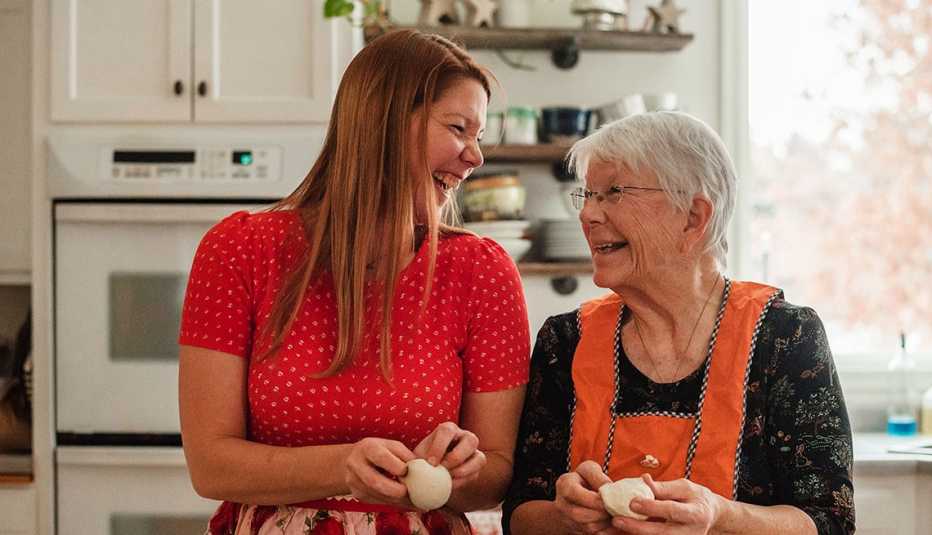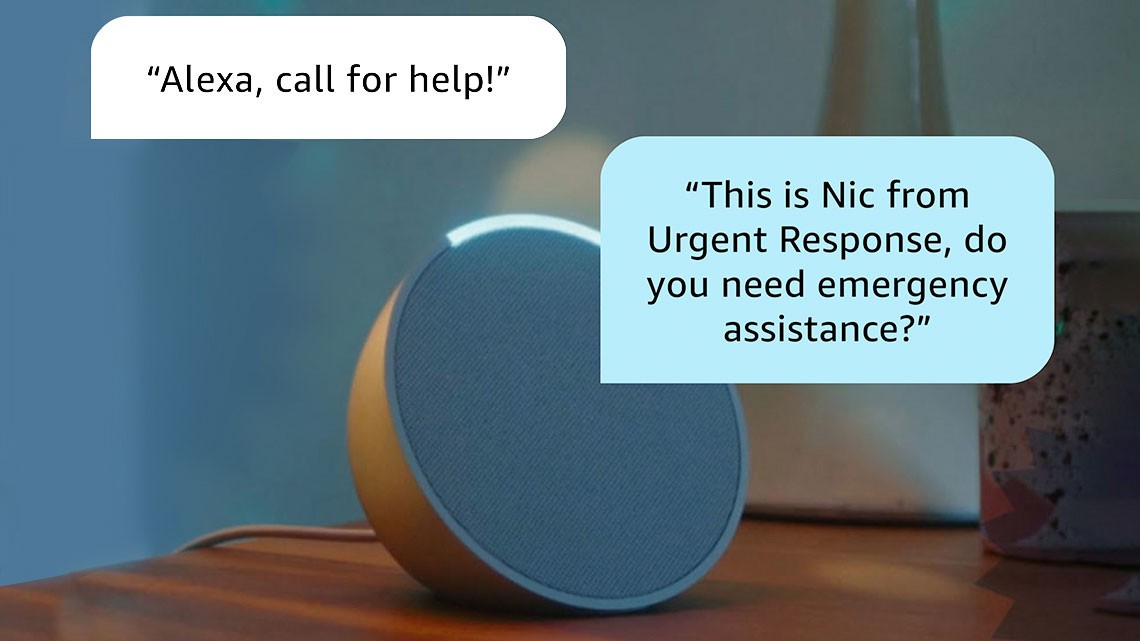Staying Fit
The average age a person begins caregiving is 49. Most people at that point have weathered illnesses or deaths in their close circles.
I was 30 when I became a caregiver and hadn’t had many conversations with my older family members about the role I would play if they needed a caregiver. My mom used to say that if she ever had advanced dementia and didn’t know who I was anymore, that I should not try to care for her at home. She asked that I find her a nice nursing facility where they’d make sure she had a martini every day and that’s all she’d need. We didn’t expect that she would end up with a severe and medically complicated cancer in middle age. Because of the sudden and severe nature of her cancer, communicating became difficult for her. I had to figure out a lot on the fly and missed the chance to have some important discussions with her — ones that I still wish we could have had.


AARP Membership— $12 for your first year when you sign up for Automatic Renewal
Get instant access to members-only products and hundreds of discounts, a free second membership, and a subscription to AARP the Magazine.
As a lawyer and advocate for caregivers, I’ve talked with thousands of people about caregiving for a loved one and their experiences. I’ve heard about deathbed confessions, lost opportunities and connections, regrets about things left unsaid or relief that nothing was left on the table. What I hear lamented most often is having gaps in knowledge or a missing road map of what to do. We want what’s best for our loved ones, with their input if possible. This can only happen if we have practical — and sometimes difficult — conversations. Although I don’t recommend planning for a deathbed revelation of a secret family or long-lost family riches hidden in the guest room mattress, here are the discussions I encourage everyone to have.
When You Are Healthy
Do any illnesses or conditions run in the family?
The more you know about your predecessors’ health, the better informed you and your medical providers will be. I learned early in my first pregnancy that I am a carrier for a rare genetic disorder. When my children reach an age when they want to begin a family, they will be aware of the necessity for testing for them and their partner. If recommended by your doctors at any point, pursue genetic testing to reveal gene mutations that put you at higher risk for certain diseases and then discuss it with your family. Being aware of the known diseases and conditions in your bloodlines — and better yet, documenting it and sharing it with your relations — could make a life-or-death difference for your descendants and extended family.
Have you chosen a future caregiving team or know who you plan to care for?
It is important to set expectations for the help you know you’ll need, what you already have covered, and what you’re not sure about. Communicate with your friends, close relations and professional advisers to help you form a flexible, but detailed plan for your older years or in the case of possible disability.







































































